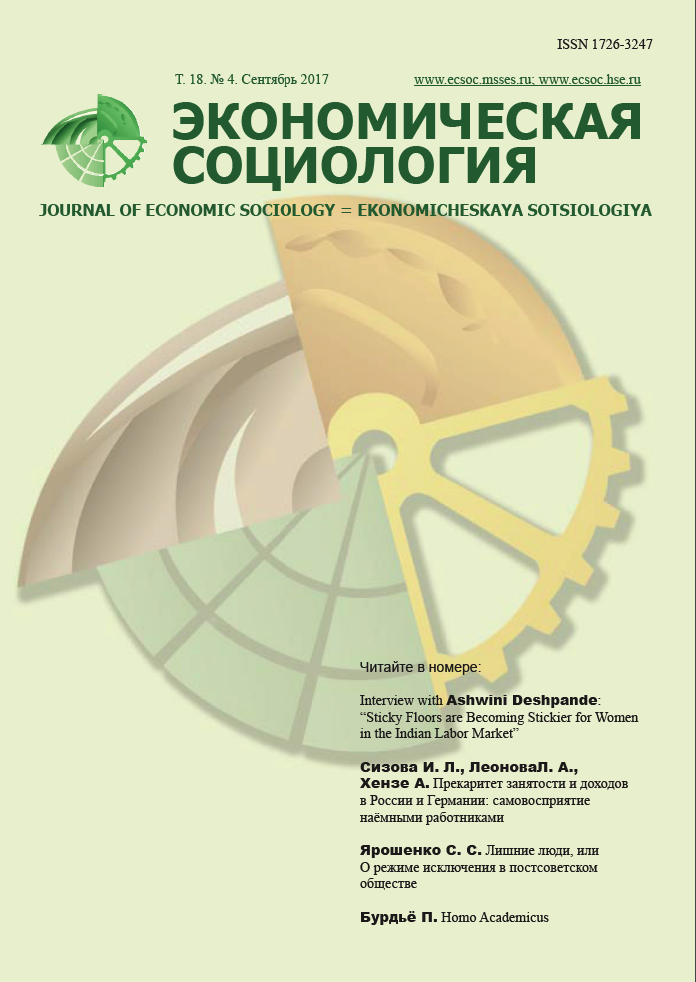Homo Academicus
Abstract
In this book, Bourdieu explains how the academic world is constituted. Seeking foundations and forms of power in the humanitarian field, he analyzes the evolution experienced by the higher education system in France leading up to 1968. Bourdieu maps the university field and discusses how it relates to the structure of the power field in general. He also analyzes the structure of the university field and positions that different departments take within it, and he scrutinizes the structure of each department and positions that different scientific fields take within it. Additionally, he is interested in how social hierarchies and academic careers of scholars—from Foucault, Derrida, and Lacan, to figures who are lesser known—are made. In his mapping of the university world, Bourdieu applies constructivist and structuralist approaches. The Journal of Economic Sociology publishes the first chapter “A Book for Burning?” where Bourdieu discusses the methodological foundations of his research, reflecting on opportunities and restrictions for a sociologist that he meets when studying the social world to which he belongs. Bourdieu looks to solve the epistemic issues that a sociologist encounters in the sphere of his responsible work on constructing the object and subject.













